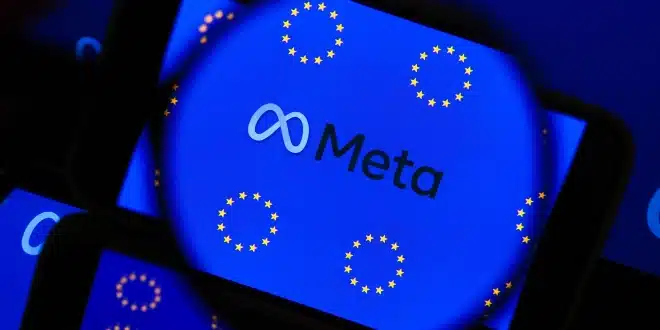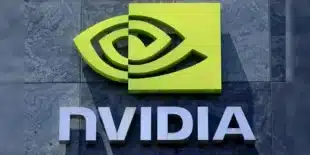Meta Pushes Back on EU’s AI Code, Raising Concerns Over Innovation and Legal Clarity
Meta Platforms has opted out of signing the European Commission’s new voluntary Code of Practice for general-purpose artificial intelligence (AI), arguing that the framework creates legal ambiguities and risks stifling technological progress. The decision, announced publicly by Joel Kaplan, Meta’s Chief Global Affairs Officer, marks a significant divergence from the EU’s regulatory ambitions and sets the stage for a broader conflict over digital policy between American tech giants and European lawmakers.
Meta’s Concerns About the AI Framework
In a LinkedIn post dated July 18, Kaplan outlined Meta’s objections to the code, warning that the current structure “introduces a number of legal uncertainties for model developers, as well as measures that go far beyond the scope of the AI Act.” The AI Act, which officially came into effect in June 2024 and begins regulating general-purpose AI systems from August 2, aims to create a unified regulatory framework across the EU. The Code of Practice is intended to guide companies in aligning with the legislation while offering a degree of legal clarity and operational consistency.
However, Meta argues that the code could slow down innovation in frontier AI systems and discourage investment by adding layers of unclear obligations. Kaplan further noted that Meta’s opposition is not isolated—other major European players such as Airbus, ASML, and Mistral AI have echoed similar concerns in an open letter, calling for a two-year delay in the enforcement of the AI Act to allow for better preparation and to avoid harming Europe’s competitive edge in AI development.
A Split Among Major AI Stakeholders
While Meta distances itself from the agreement, other leading firms appear more willing to engage with the EU’s initiative. Microsoft President Brad Smith indicated that his company is “likely” to sign the code, telling Reuters that the move reflects Microsoft’s support for structured dialogue between the industry and European regulators. Smith emphasized the importance of collaboration in shaping responsible AI development.
Several companies have already signed on, including OpenAI and Mistral AI—despite Mistral’s participation in the open letter—signaling a complex landscape of compliance strategy among AI developers. These early adopters of the code commit to a set of principles such as transparent AI development, compliance with EU copyright laws, and full disclosure of training datasets.
The code has been shaped by input from over 1,000 stakeholders, including academic researchers, developers, civil society organizations, and regulatory experts. It is considered a precursor to more formal legal requirements and may serve as a benchmark for enforcement once the AI Act is fully implemented by EU member states.
Broader Implications for AI Governance
Meta’s firm stance highlights the growing friction between American tech companies and the European Union over how emerging technologies should be governed. The EU maintains that its regulatory measures are necessary to ensure AI safety, ethical use, and accountability, particularly for powerful models with broad applications. But critics argue that the bloc’s approach could be overly rigid, potentially hindering innovation and limiting Europe’s appeal as a destination for cutting-edge tech development.
The stakes are high. Non-compliance with the AI Act could result in steep penalties, with fines reaching up to 7% of a company’s annual global revenue. Although the Code of Practice is not legally binding, it carries significant weight as it could shape the regulatory environment for years to come.
In choosing not to participate, Meta is drawing a clear line in the sand, positioning itself as a defender of agile innovation against what it views as premature and potentially burdensome regulation. The outcome of this standoff could have lasting consequences not only for AI development in Europe but also for the global landscape of digital governance.


